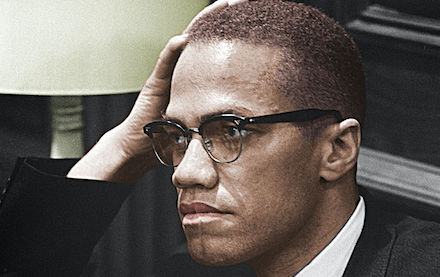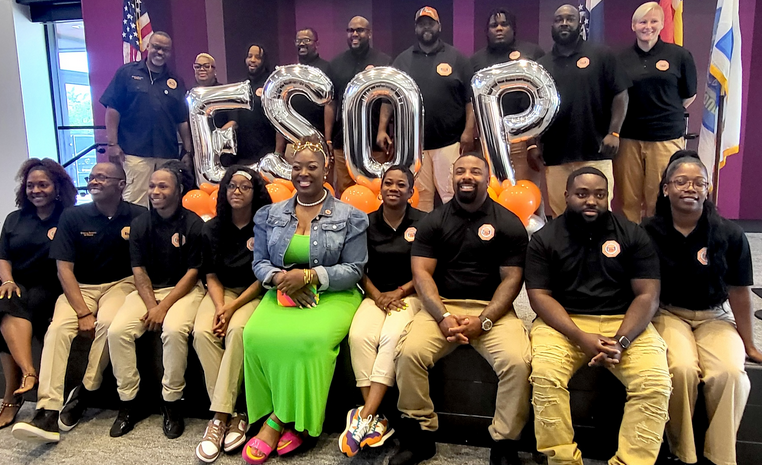Malcolm X. Photo: Wikimedia Commons/Library of Congress.
Malcolm X, who would be 96 years old today, was a great Pan-African visionary who understood the power of strong alliance between the motherland and Africans in the diaspora—including African Americans.
Malcolm was gunned down on Feb. 21, 1965, just as his power was beginning to soar as an internationalist. His denunciation of U.S. apartheid now included a critique of capital. The U.S. establishment was unhappy that Malcolm had attended the Organization of African Unity (OAU) summit in Cairo in August 1964 and asked African leaders to raise the issue of U.S. racist attacks and abuses against African Americans at the United Nations. Malcolm reasoned that framing the U.S. crisis as a “civil rights” challenge was tantamount to pleading with a thief to act as prosecutor, juror, judge, and executioner.
By taking the issue to the United Nations, as human rights violations, the general assembly—the international community—would have the legal and moral authority to weigh in and demand for action.
This is why Malcolm was viewed as a grave danger to U.S. foreign policy by the establishment. How could the U.S. go around the world denouncing human rights abuses while inflicting brutality against its own African descendant citizens, especially in the South? U.S. diplomats in Africa actively tried to undermine Malcolm’s mission by trying to discredit him to African leaders. However, Malcolm had great impact as African leaders for the first time spoke out about abuses against African Americans. Uganda’s then prime minister Milton Obote denounced the attacks against Black people in the Southern States.
Malcolm argued that the plight of African Americans was similar to Africa’s colonial experience when the continent was dominated by European imperialism, racial discrimination, and economic exploitation. In the United States African descendants were victims of internal colonialism, Malcolm maintained.
Malcolm envisioned mutual corporation, where African countries would use their presence on international global platforms such as the UN to focus attention on U.S. racism and human rights abuses. Meanwhile, Africans Americans with professional skills would work on the continent to support the newly-emerging states.
Malcolm visited several African countries and met many presidents, prime ministers, and other prominent Africans. He met presidents Obote, then Tanganyika’s Julius Nyerere, Egypt’s Gamal Nasser, Kenya’s Jomo Kenyatta, Nigeria’s Nnamdi Azikiwe, and others. He also met Odinga Oginga, Tom Mboya, Diallo Telli, and many other prominent Africans.
Later, in December, Malcolm was invited to address the Oxford Union where in a superb presentation he denounced the U.S. support for reactionary forces in the Congo, the execution of nationalist prime minister Patrice Lumumba, and the Western support of the puppet Moise Tshombe whom he referred to as a “murderer.” He also criticized how Western media manipulated global affairs, turning “angels into devils” and making “devils appear angelic” referring to how Lumumba and his supporters had been demonized while Tshombe was celebrated.
Malcolm had become even bigger and now spoke on a global stage after his expulsion from the Black Muslim Movement—now the Nation of Islam. He had just formed the Organization of Afro-American Unity (OAAU) which he modeled after the OAU. Malcolm believed the OAU would lead to a United States of Africa and the emergence of a new global economic and political power; meanwhile, his OAAU would similarly unite Africans in the diaspora.
Can you imagine if Malcolm had lived to build the OAAU and form stronger relations with Africa?
We must honor the legacy of Malcolm X by building stronger bonds between Africa and the African diaspora.






